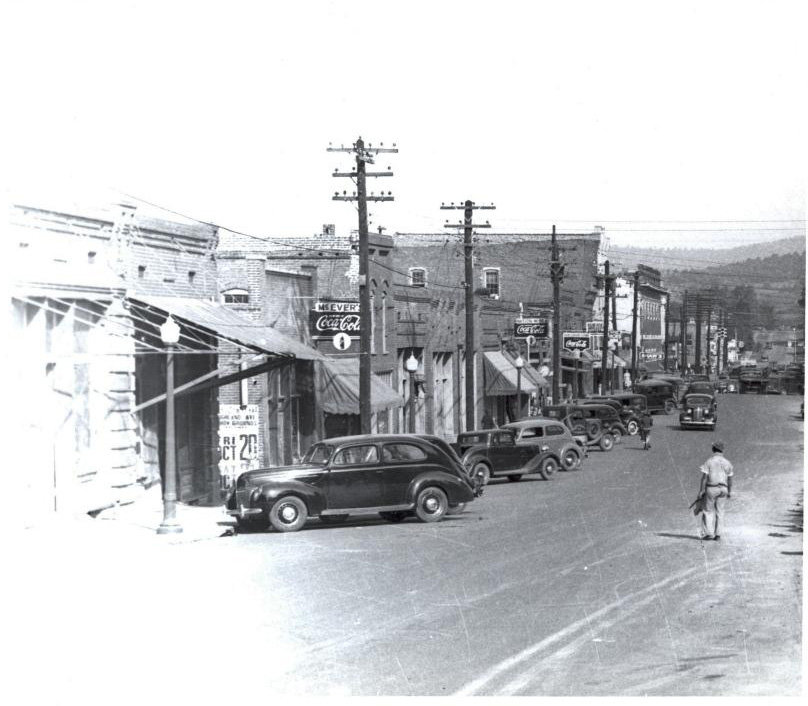Black Businesses in Cartersville in the Early 20th Century
February 13, 2020
The African-American community has played a big role in the workplace of Cartersville history.
In the South after the civil war, there were a lot of freed slaves searching for work. During Reconstruction these freed slaves were given opportunities through government action.
The black business district developed inside Conyers Alley, a back alley just behind Main Street, with access to warehouse space. A well was drilled there in 1895 and eventually, the area grew into a thriving business district, complete with barbershops, restaurants, and even a grocery store.
It’s believed the first restaurant in the area was the original Blue Front Cafe, which eventually moved around the corner on a side street. The owner of Blue Front Café is unclear, but it was definitely owned and operated by African-Americans. One name that is definitely connected with the restaurant business is Mary Eliza Young, who owned a restaurant despite being one generation removed from slavery
Gassett’s Grocery, owned by John Q. Gassett, was just around the corner from Conyers Alley, on Main Street. The grocery was open for around thirty years, from the 1880s to the day he closed the doors in 1921. Gassett ran the store with his wife and it soon became the center of black business in Cartersville.
Cartersville even had its own African-American doctor, W.R. Moore, who had his own practice above the grocery. Dr. Moore was the only black doctor in Cartersville for over half a century. He eventually moved his office to the Summer Hill district, northwest of downtown.
The Summer Hill district was a residential development for the black community, developed from lots which had once been the Lewis Tumlin estate. John Gassett, of the Gasset Grocery, bought, developed, and then sold land to black families in what would become the Summer Hill district.
The two blocks off Main Street, on Erwin Street, is where the black businessmen in the service trades operated. There were blacksmith shops, barbers, and draymen — men who transported goods on flatbed wagons pulled by horses. Writer Toni Morrison’s grandfather operated drays, while her grandmother ran a laundry service.
There were many proud black business owners in Cartersville who leave a legacy of generations of hard work and entrepreneurship in the city.



